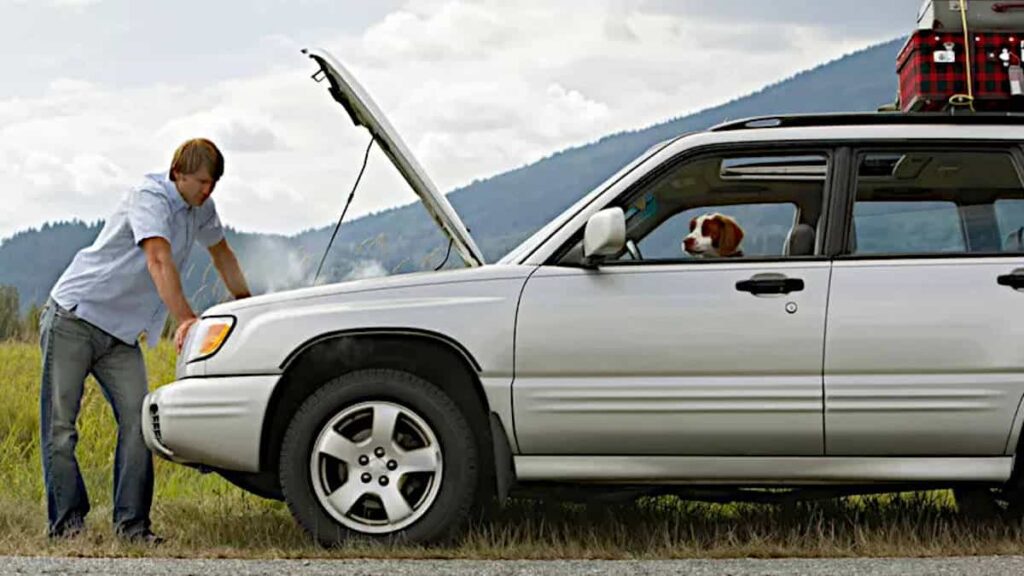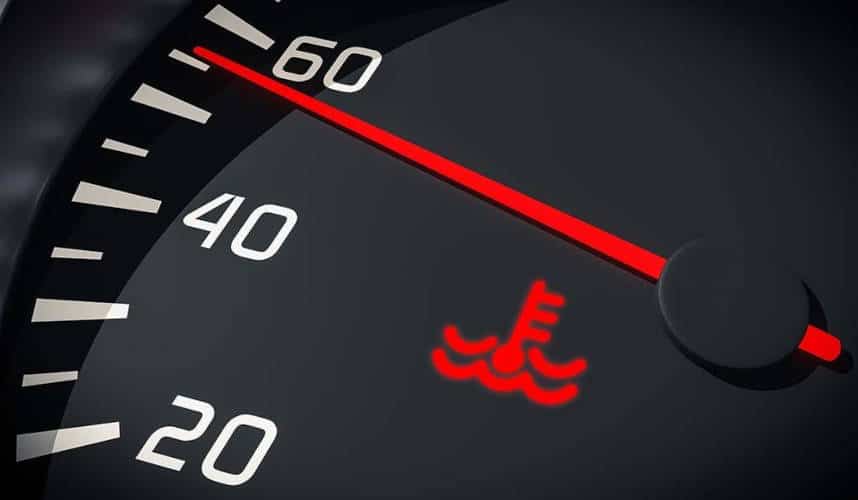

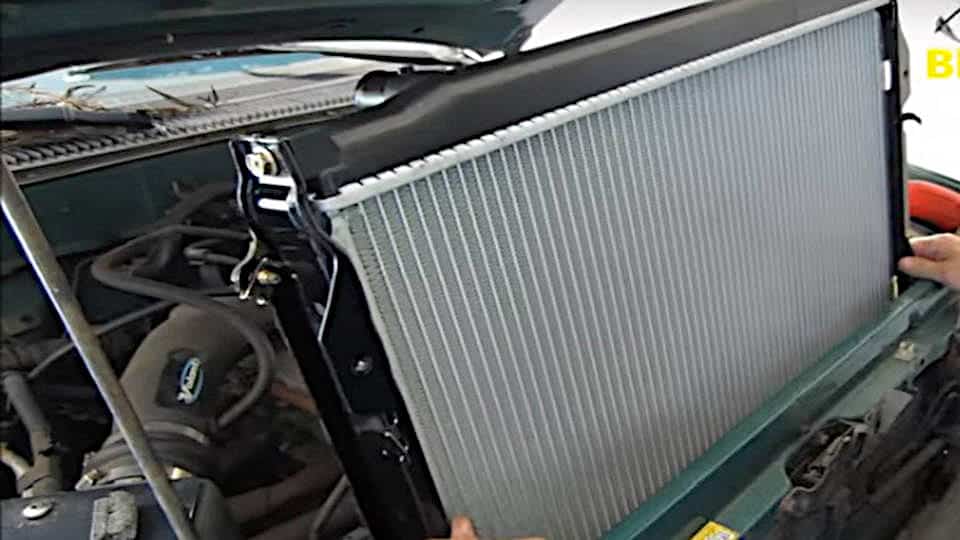
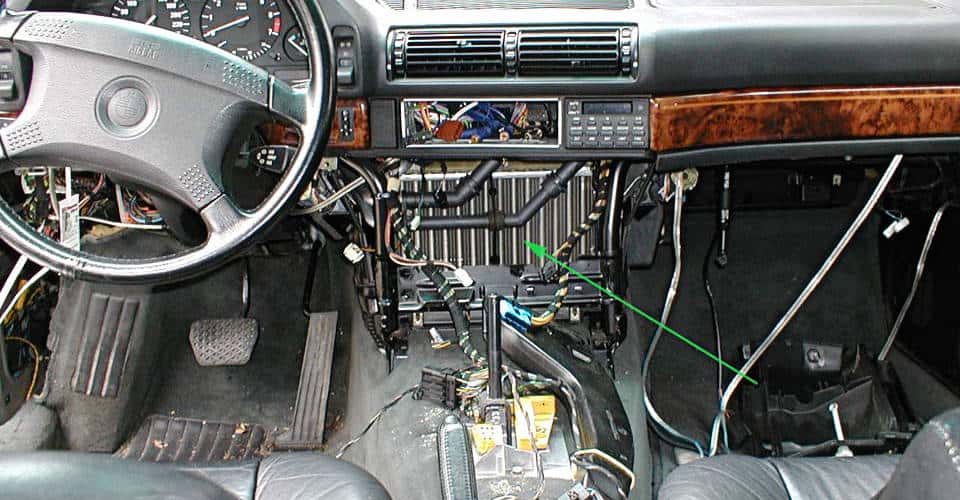
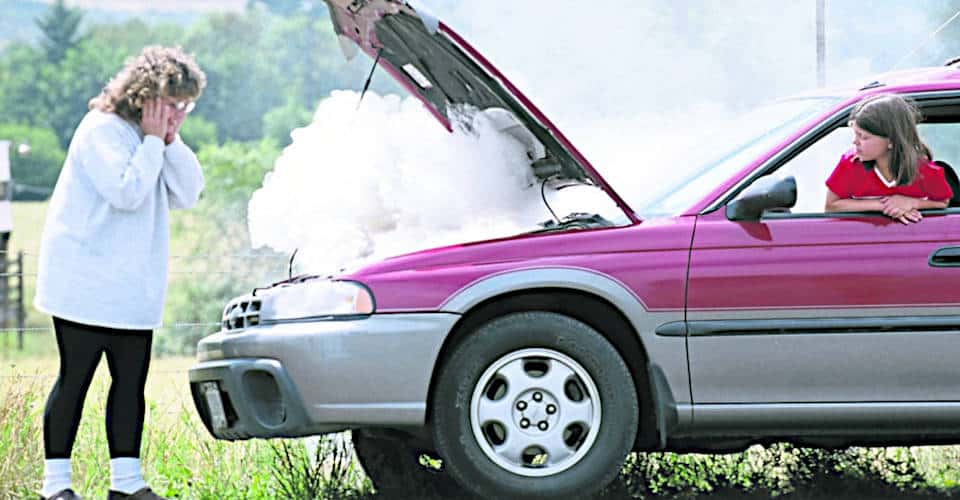

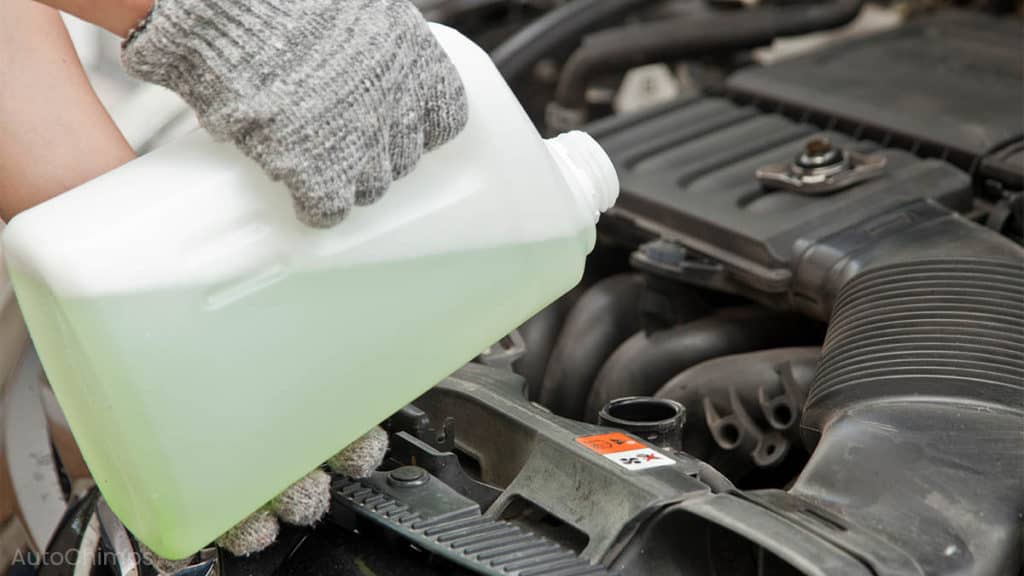
Why Is My Car Overheating? Here’s What to Know
When the engine starts running hot, it’s a serious red flag. Ignoring it can lead to hefty repair bills and might even leave a driver stranded. If the question “Why is my vehicle overheating?” is on the mind, this guide has the answers.
Signs Your Car Is Overheating
1. The Temperature Light Comes On

One of the first signs of trouble is the temperature warning light lighting up. If this is the first clue that something’s off, consider it a lucky break—there’s still time to fix things before they get messy. If there’s no gauge, investing in one is smart. If it creeps into the red zone, it’s time to take action.
2. Strange Noises from the Engine
Engines have a sweet spot for temperature. The thermostat keeps coolant from flowing until things heat up. But if it gets too hot, the coolant can boil, leading to some weird thumping sounds. A ticking noise? That’s a sign the engine oil is too hot and losing its ability to lubricate properly.
3. Puddles of Coolant Under the Car

Coolant is the lifeblood of a car’s cooling system. If there’s a leak, it’ll pool under the vehicle, leaving the engine vulnerable to overheating. Adding more coolant might help temporarily, but finding that leak is crucial. If the reservoir’s full but the car’s still running hot, something else is up.
4. Steam from Under the Hood
Seeing steam? That’s a clear sign things are getting too hot. If steam starts pouring out, it’s time to pull over and let the engine cool down. This usually means the coolant has hit its boiling point, and that’s not good news.
5. A Scorching Hot Hood

Feeling some warmth from the hood is normal, but if it’s too hot to touch for more than a few seconds, that’s a problem. Shut off the engine and let it cool down. If this keeps happening, it’s time to investigate further.
6. Reduced Engine Power
When an engine overheats, it expands, which can lead to a loss of power. If the car struggles to pick up speed, that’s a sign something’s not right. Keep an eye out for the symptoms mentioned above to catch any issues early.
Common Causes of Overheating
1. Low Engine Coolant

Coolant does exactly what it sounds like—keeps the engine cool. If it’s low, just topping it off might do the trick. But if the engine’s still running hot with a full reservoir, it’s likely an issue with circulation, which could be due to a faulty water pump, a blocked radiator, a stuck thermostat, or a clogged heater core.
2. Failing Water Pump
The water pump pushes coolant through the system. If it’s on the fritz, the engine won’t get the coolant it needs, leading to overheating.
3. Blocked Radiator

The radiator’s job is to cool the coolant. If it’s blocked or something’s stuck in there, the coolant can’t flow. A quick visual check can reveal debris, but if it’s damaged, a replacement might be necessary.
4. Stuck Thermostat
The thermostat regulates coolant flow. If it gets stuck, it can’t do its job, leading to overheating. Simple as that.
5. Plugged Heater Core

If the heater core is clogged, it can prevent coolant from circulating. This affects the car’s ability to stay cool, especially when the heater is cranked up in cold weather.
6. Blown Head Gasket
Yikes! A blown head gasket is a serious issue. It seals the engine block to the cylinder head, and if it fails, coolant can leak out. While the part itself isn’t too pricey, the labor to fix it can hit hard, especially with shops charging $50-$100 an hour.

